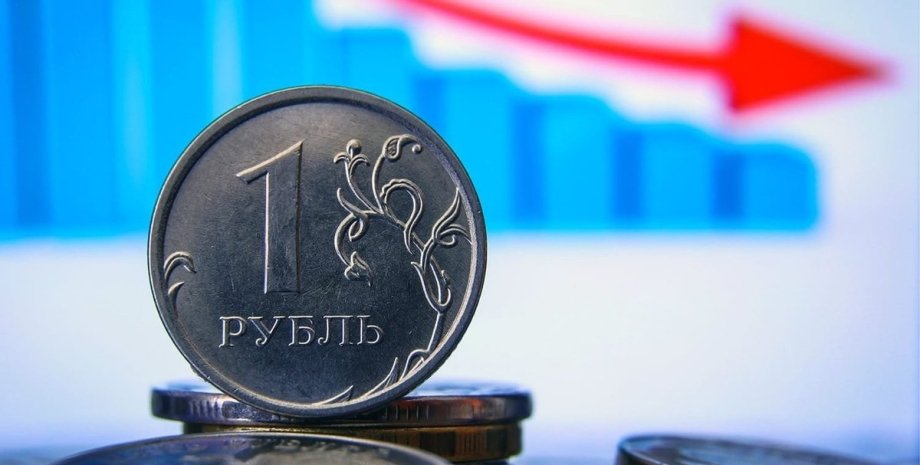
 By Natali Moss
By Natali Moss
Thus, according to the statistics of the Ministry of Finance of the Russian Federation, as a result of September, the revenues of the Russian government increased by 11%, compared with August indicators, and by 28% relative to July. The volume of income was at the maximum since the beginning of 2023, comprising 2. 743 trillion rubles. It is also noted that oil taxes also turned out to be at a high level: oil workers transferred to the budget 945 billion rubles in the framework of tax for mining.
According to journalists, it is 200 billion rubles more than in August. Meetings from non -digestive sectors of the economy increased by 26% year to a year, folding 2 trillions of rubles. As a result, the Russian budget surplus in the first month amounted to 662 billion rubles. In this case, the budget deficit, which has accumulated since the beginning of the year, decreased to 1. 7 trillion rubles. According to the publication, it is now less than 60% of the annual plan of 2. 9 trillion rubles.
Alfa Bank's chief economist Natalia Orlova explained to reporters that contrary to expectations, a weak ruble helps fill the country's budget. Therefore, in 2024, problems with the state budget, in which the government has provided a record from the USSR's time expenditures on the army in the amount of 10. 8 trillion rubles, may not arise. "In order to pay for another year of the war, the authorities are waiting for an increase in income by almost 5 trillion rubles, up to 36 trillions.
Due to the low exchange rate of the ruble and accelerating inflation, this purpose is likely to be achieved," Orlova said. As of October 9, according to Mosbiri data, the cost of one dollar on the exchange exceeded 102 rubles. And the euro rose to the mark of 107-108 rubles. At the same time in the Kremlin, on October 3, the Russians were offered to ignore news about the fall of the ruble.










All rights reserved IN-Ukraine.info - 2022